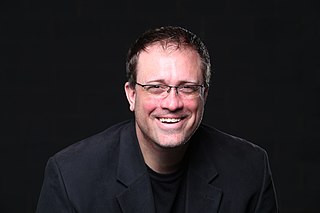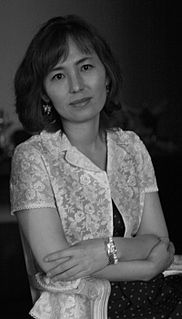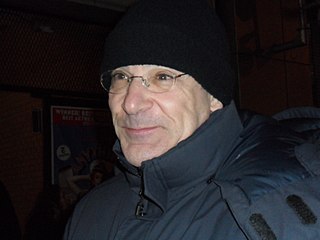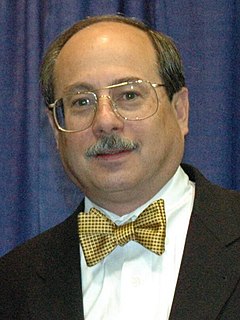A Quote by Sissela Bok
Regardless of how often the appetite for entertainment violence becomes addictive, increased exposure does risk further desensitizing viewers. And the element of pleasure that they derive may lead them to regard violence as a more acceptable way of dealing with problems, and victimization as more tolerable so long as it befalls others, not themselves.
Related Quotes
We must realize that violence is not confined to physical violence. Fear is violence, caste discrimination is violence, exploitation of others, however subtle, is violence, segregation is violence, thinking ill of others and condemning others are violence. In order to reduce individual acts of physical violence, we must work to eliminate violence at all levels, mental, verbal, personal, and social, including violence to animals, plants, and all other forms of life.
Violence never really deals with the basic evil of the situation. Violence may murder the murderer, but it doesn’t murder murder. Violence may murder the liar, but it doesn’t murder lie; it doesn’t establish truth. Violence may even murder the dishonest man, but it doesn’t murder dishonesty. Violence may go to the point of murdering the hater, but it doesn’t murder hate. It may increase hate. It is always a descending spiral leading nowhere. This is the ultimate weakness of violence: It multiplies evil and violence in the universe. It doesn’t solve any problems.
I feel that non-violence is really the only way that we can follow because violence is just so self-defeating. A riot ends up creating many more problems for the negro community than it solved. We can through violence burn down a building, but you can't establish justice. You can murder a murderer, but you can't murder murder through violence. You can murder a hater, but you can't murder hate. And what we're trying to get rid of is hate, injustice, and all of these other things that continue the long night of man's inhumanity to man.
Even in the most peaceful communities, an appetite for violence shows up in dreams, fantasies, sports, play, literature, movies and television. And, so long as we don't transform into angels, violence and the threat of violence - as in punishment and deterrence - is needed to rein in our worst instincts.
As you become more conscious of your cruelty, of your violence, gross and subtle, you start becoming more and more compassionate. Not that you cultivate compassion. Just by becoming aware of your cruelty, violence, ugliness... the very awareness brings new changes in you. And the energy that was involved in cruelty, in violence, starts changing. The same energy becomes purified, the same energy becomes compassion.
I must remind you that starving a child is violence. Suppressing a culture is violence. Neglecting school children is violence. Punishing a mother and her family is violence. Discrimination against a working man is violence. Ghetto housing is violence. Ignoring medical need is violence. Contempt for poverty is violence.
I'm so sick of seeing guns in movies, and all this violence; and if there was going to be violence in Pines, I wanted it to actually be narrative violence. I wasn't interested in fetishizing violence in any way of making it feel cool or slow-motion violence. I wanted it to be just violence that affected the story.
Terrifying mass shooting and high-profile officer-involved incidents have dominated the national conversation on gun violence in recent years. But most deaths by gun are not headline-grabbing massacres. They`re more private, more intimate, and perhaps in that way, even more horrifying. Domestic violence, make no mistake, domestic violence is a gun issue.
Through TV and moving pictures a child may see more violence in thirty minutes than the average adult experiences in a lifetime. What children see on the screen is violence as an almost casual commonplace of daily living. Violence becomes the fundamental principle of society, the natural law of humanity. Killing is as common as taking a walk, a gun more natural than an umbrella. Children learn to take pride in force and to feel ashamed of ordinary sympathy. They are encouraged to forget that people have feelings.
Marginalized youth, workers, artists and others are raising serious questions about the violence of inequality and the social order that legitimates it. They are calling for a redistribution of wealth and power - not within the old system, but in a new one in which democracy becomes more than a slogan or a legitimation for authoritarianism and state violence.








































